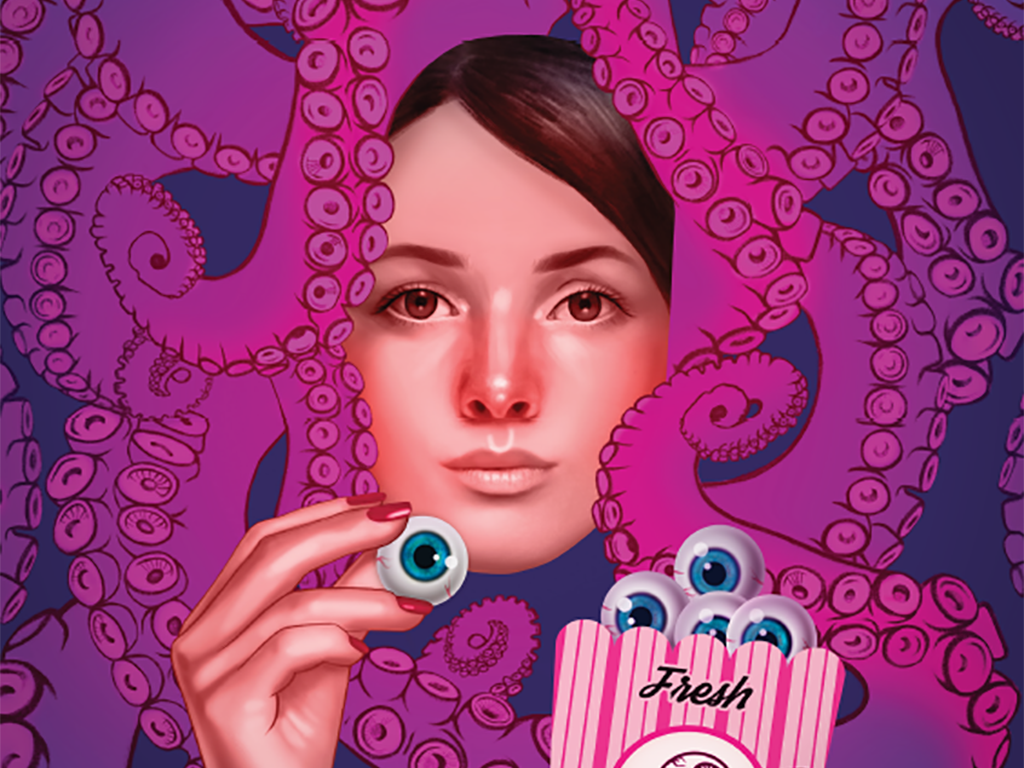If you're in NYC and need something fun to do this weekend, check out What the Fest!? at IFC Center. As I type this, "Revenge" (Fargeat, 2018), the festival opener, is playing and I'm bummed that I have to watch it alone on my tiny computer screen instead of at one of my favorite NYC theaters.
If you're not familiar, What the Fest!? runs from March 29 - April 1 and features "a small range of carefully selected films from the wild side of cinema." If you're not intrigued by "the wild side of cinema" then you might want to schedule an appointment with Lucy because you clearly need psychiatric help.
Maria Reinup, the Creative Director of the festival, was nice enough to answer some of my questions about genre films, new filmmakers she's excited about, and the effort that goes into planning a film festival.
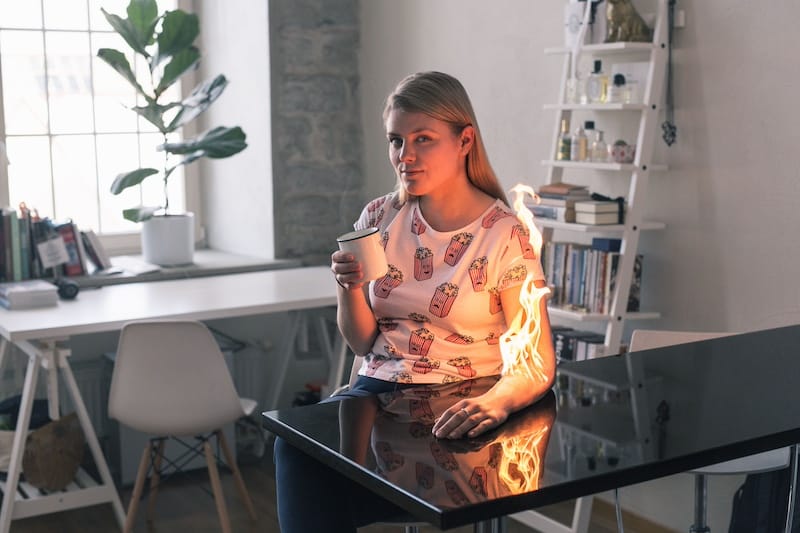
Interview with Maria Reinup
Woman in Revolt: What The Fest?! makes me so sad I no longer live in NYC. I love the IFC Center and the film slate is awesome. How did this festival come to fruition?
Maria Reinup: I think IFC Center and some of its key people had considered a genre specific event for some time, but no one really pushed to make it happen. The idea had mulled there until John Vanco, I believe, went for it and started to look for a Creative Director. He already had an experienced festival team in hand due to DOC NYC and Split Screens, along with a year-round operational cinema.
I was lucky enough to be recommended by Todd Brown, who is one of the best producers and festival programmers in the genre scene, so I found myself somewhere at the beginning of December 2017 talking to John. I have 7 years of experience as a Festival Director and Creative Director and I have been a festival programmer for just as long — doing panels, moderating talks, hosting premieres — and have worked for big festivals outside Europe, too.
My background is 12 years of art school and a bachelor's degree in film and media. I am also an active filmmaker and a bit of a crazy, youthful person with a pretty good understanding of what could be fresh or appealing. So when I sent my vision proposal for the position, they loved it. I took a plane to New York in the first week of January to meet the team.
Over the course of the last few months and with the input of every single team member, I think we all have felt we can make something that will find its place and have a unique voice in the vibrant cultural landscape of a big city like New York.
It seems like everyone defines “genre films” a little bit differently. How do you define it at WTF?
At WTF!? we have broadened the concept. There is no “real horror film” or “genre pure” picture for us. I do think the world of genre films has opened up a lot, it is just we still need labels to make it easy to sell, which does not help some films whatsoever.
I come from a region where Midnight Movies were never a thing and I have argued about it with Tiina Lokk, one of my mentors who is the Head of Black Nights Film Festival, one of the largest art-house film festivals in North-Europe a few times over. She asks me how to explain the idea of “genre films” if drama is also a genre? It definitely plays on cultural differences, but I like the idea of fewer labels and a more open-minded approach.
In recent years, I found myself thinking there are a lot of hybrid films out there, great dramas with genre elements, that might not find their place that easily. I’d like to give some of them a home and have no problem calling them genre films. For What The Fest!? specifically, our idea is not to play only genre films, but seek out films that have a small or big “wtf” element in them. Ideally fantastic, cerebral films, films that on the surface are great entertainment but have some layer hidden within that speaks of a truth of a kind. Films that make you go “what the fuck” at some point during the screening, with the “wtf” being open to a wild array of interpretations.
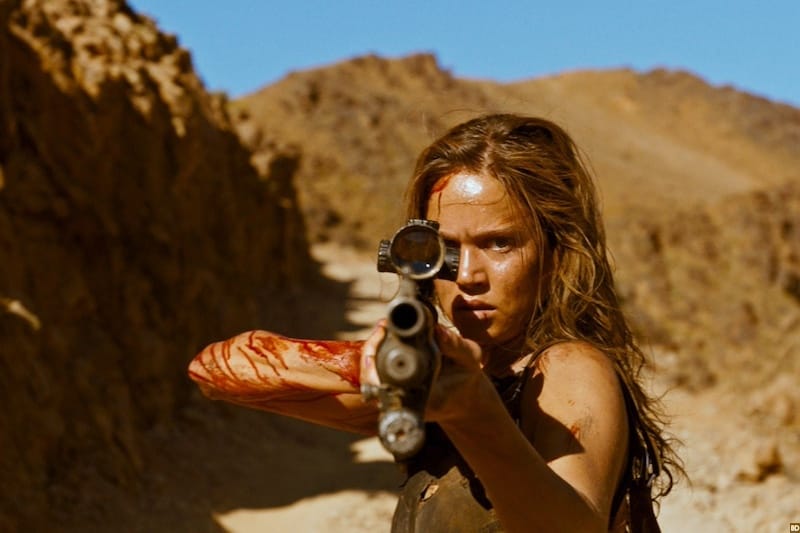
Why do you think genre films are so male-dominated?
I do not think it's only genre films that are male-dominated — it's the film industry in general. So it does not tap specifically into this field of filmmaking, but to a much wider picture. I think there is a lot of historical and cultural precedent that varies per region and is something that can't be set aside easily. Also, a lot of this has been tied into financial trust issues (the much discussed “will hire who I know”) and to the general understanding of gender roles, some of those rooted stereotypically since the dawn of time (“men are stronger, they are better in positions of power”).
The cycle of a man in power electing another man to power, simply because it is easier, has been happening for too long. Film is still one of the most powerful mediums. It feels ridiculous for me that we only now really discuss how much films shape the way we identify ourselves or others. I believe once we look into European or indie filmmaking the situation is slightly different but as the most seen films are done by Hollywood, the male-dominated world of it does give a limited perspective to audiences, particularly to women and girls.
I have come to believe that anyone in a position of power has to understand that it is their responsibility to make sure the world is represented in a way that accurately depicts diversity. The (genre) audience has significantly expanded to include all kinds of people, especially women. This is the “now” we need to comprehend and support.
In the festival world, where the situation is similar, I do believe What The Fest!? can be part of a change in a predominantly male-dominated scene with a core team that is almost 80% women, with women as Creative Director and Festival Director (Raphaela Neihausen). I know this is a simple example, but I see the change of perspective immediately – the small things suddenly become big things. The promotional materials a woman picks are much less likely to depict a man in a position of power. The color we chose for the festival is hot pink, my favorite film is a story about accepting your body...
Who are some of your favorite female genre filmmakers?
I think the first one who really did the job for me is actually an Estonian filmmaker named Helle Karis who directed our most loved musical horror film called “Bumpy” (1981). To this day, it is one of the few notable genre films from Estonia.
I was brought up by a pretty crazy family, particularly my dad, who is the reason we did not have TV when I was young. So I got introduced to films quite late in my life. I think my first big revelation was when I saw works by Miranda July. I truly think she has a unique lens that only she can present films through. Here is a good moment to think about what constitutes a genre film. In my mind she lets us into this incredible world of magic and uses little fantastical elements to elevate the film into more than just drama.
I like Karyn Kusama’s work, Lynne Ramsay, Naomi Kawase, and Jennifer Kent, to name a few. I love Kathryn Bigelow and I can't wait for Michelle MacLaren to make a feature film!
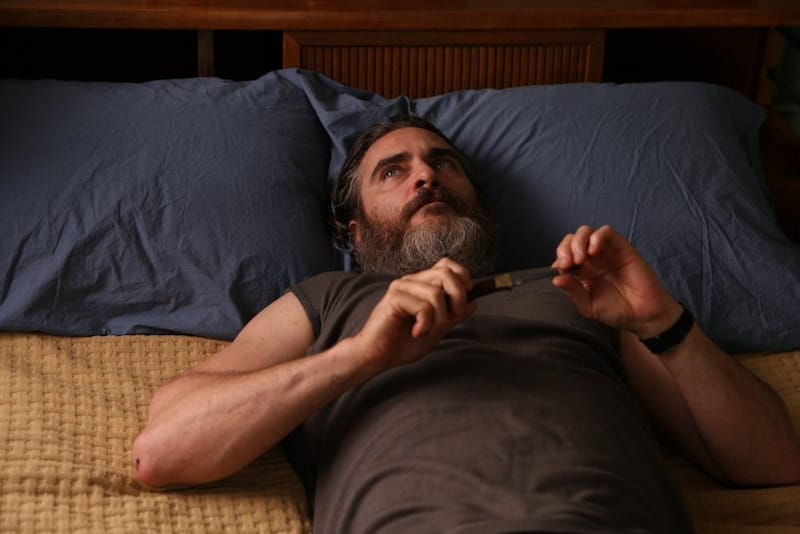
Give me a glimpse into the process behind festival programming. After coming up with the concept, what are the next steps?
First you round up a concept, an idea of what kind of films you want specifically for your program. Then you go through a lot of different festival line-ups, blogs, and news sites... and ask the distributors and filmmaker friends for films. Then you have to see every single film you are playing, as I strongly believe the films you play are all in conversation with each other and should somehow form a necklace of pearls where one end is black, the other is white, and somehow the whole greyscale has to come together in-between (another thing Tiina Lokk taught me over the years watching literally hundreds of films for Black Nights).
So you request to see a lot of films and also watch them. It might be a little easier for me as I have been a festival director and programmer for 7 years now. I kind of keep my hand on the genre film pulse, as I am surrounded by programming year-round, and I have contacts that I've made over the years. Next, you put together the line-up together, with a painful last week of confirmations and aging about two years in one go, as you juggle between different timelines fighting to confirm the last films you really want to play, afraid maybe you do not get them, so desperately seeking for backup options at the same time, until suddenly the last confirmation comes in and you sit there dumbfounded, because what seemed impossible only few days ago is suddenly done. This process is crazy. I love it but would not recommend it even to my worst enemy.
Is organizing a festival in a city you don't live in tough? It sounds stressful to me and I would like to know if you have any tips or advice for someone else in the same position.
We are in the position of me being far for the first year only as I currently also work for Fox Searchlight on the post-production of “Tolkien” (Karukoski, 2019) in London. It will be done by the time we start prepping for the next edition of the festival, but financially, I don't think I can live here during that time, anyway. If I could recommend anything (btw, I love this question!) then I would suggest making sure you have met the team and seen the venue (even if it is a grass field for a music fest) before you dive into planning the festival.
It creates a mind map for you to orient things and if you are week after week on long conference calls and people talk casually about “the second floor corridor on the left where the poster boxes are” you actually are not lost half of the time. And meet the team so you can put faces to names and personalities. It makes all the difference. Make those weekly calls, follow up always, and do not hesitate to reach out, however far you are or however big the time difference.
What’s your advice to filmmakers submitting works to festivals? What really makes a submission stand out?
I do not think there is such a thing as a submission that stands out. I do believe there are films that stand out because the filmmaker has stayed true to their vision. So if anything, I would like to stress this to all filmmakers: the more you stay true to the small voice inside of you, the bigger the chances for you to make something unique and something only you can give to the world.
Maybe you have an obsession with bodily fluids and hair growth or you simply love pink. Whatever it is, make the most of what you love and are obsessed with and let it shine. There is nothing worse in my mind than another genre film that feels like it is made by a new director, but is something I have seen many times before. Settling with generic is the cancer of your own creativity.
Filmmakers who submit their films a lot to festivals should be aware that they might be the 5th film a programmer watches that day. Make sure that the first 20 minutes of the film are the best possible version you can produce. Help programmers become immersed in the world you have made with sweat and tears, instead of hoping we catch up in the end. This is something you will definitely benefit from, as your audience will feel the same.
How will you measure success for the festival? Is it all about ticket sales, audience response, etc.?
Considering we pulled this together in basically two months and have had an incredibly good response to the program, I think we can say that we are somewhat successful already. But to be honest, there is nothing like great audience response and that remains to be felt. Even if we have only a handful of people in the screening venue, if it brings together the right people and the vibe is magical, it tends to be more worthwhile than another sold out screening.
Also, we have put a lot of time and effort into creating little talks and events to complement the screenings and if there is even one person who looks up how to use psychoanalysis in everyday life or has their mind blown by the greatest hunter mankind knows and maybe even rethinks of how they see nature, then this is really what gives me the kicks. To me, the best thing is when you have entertained people, but secretly picked their brain and made them question the way things work or realize there is more than one way to approach difficult matters, etc. And I do think genre films or films with genre elements especially allow that.
Your eyeball logo is badass. Who designed it?
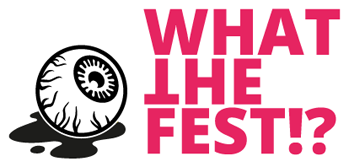
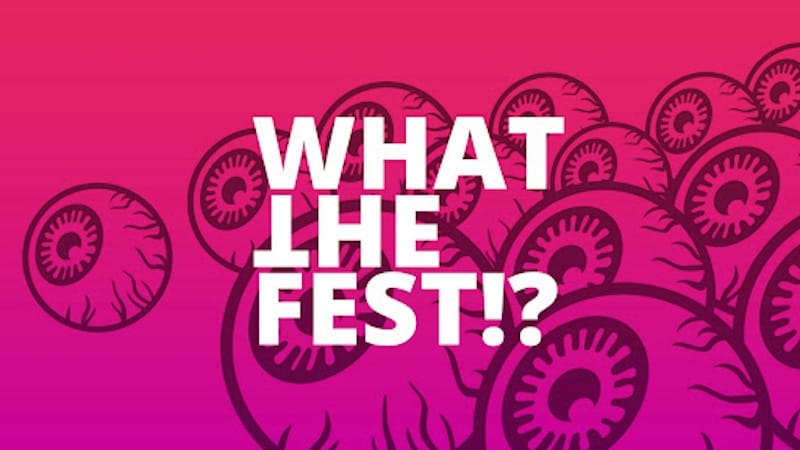
Thank you! Olivia Parmasto is a friend of mine in Estonia who jumped in last minute and came back with some designs for the festival logo, the eyeball among them. I pitched the eyeball idea, but it is all on her how cool it is and how it looks a bit like a projector lens, which we all loved. She actually hand drew all of the original concepts. I truly love the eyeball, because in my mind, it communicates “to notice” or “to see,” and that cinema allows us to perceive. But also with our slate of fantastic films, it hopefully also communicates “to see beyond." We should all open our eyes to see more these days.
Are there any new filmmakers you're especially excited about?
I am excited about so many new filmmakers, I don't even know where to begin! I am going to leave the boys out. Sorry guys! I can't wait to see what Julia Ducournau is doing next, the same for Coralie Fargeat. I’d love to see what Deborah Haywood plots and what is keeping Anna Biller busy!

